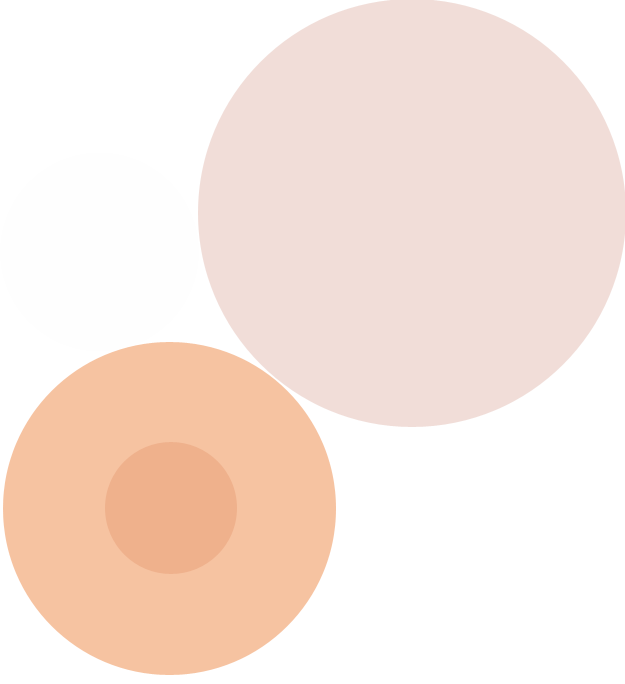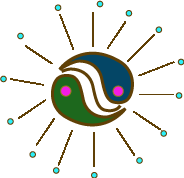


Chinese Medicine is a system of preventative and curative care that has been continually practiced for thousands of years. The guiding principal of Chinese Medicine is that well-being stems from the balance of the body's opposite, yet harmonic forces, yin/yang. Disciplines include acupuncture, or regulation of energy meridians through pressure and needle stimulation; herbology, or use of natural medicical supplements; moxibustion, heating of points on the body with an herb to warm and balance Qi; electric stimulation and cupping; Tui Na (Chinese massage); and dietary and nutritional guidance.
Diagnosis and treatment in Chinese Herbology works in concert with the fundamental concepts of acupuncture. Established herbal remedies used over the millenia can be used as a supplement to needles, especially in cases of chronic illnesses. Herbal preparations are prescribed and personalized for the patient as an individual, based upon their traditional Chinese Medical presentation. Each herb not only has its own healing properties, but also enters and impacts different meridians in the body.
Your first session will include a complete history of your condition, pulse and tongue diagnosis, a treatment plan, as well as an Acupuncture treatment. Wear loose, comfortable clothing. A light meal may be eaten prior to treatment so that you are not too hungry, but not too full. It is best to avoid alcohol prior to the treatment. Several acupuncture points are selected each treatment based on your diagnosis. Needles as well as electric stimulation, cupping, moxibustion and ear acupuncture are modalities that may be used.
Amalia also uses her knowledge of yoga, teaching and personal practice as an aide for continued pain relief between treatments. Dietary advice can be provided.